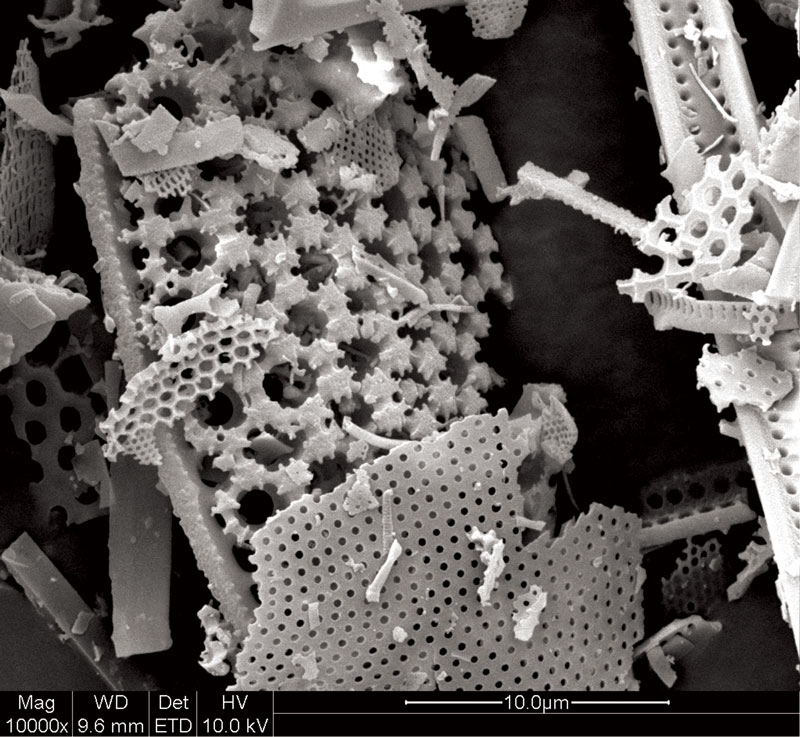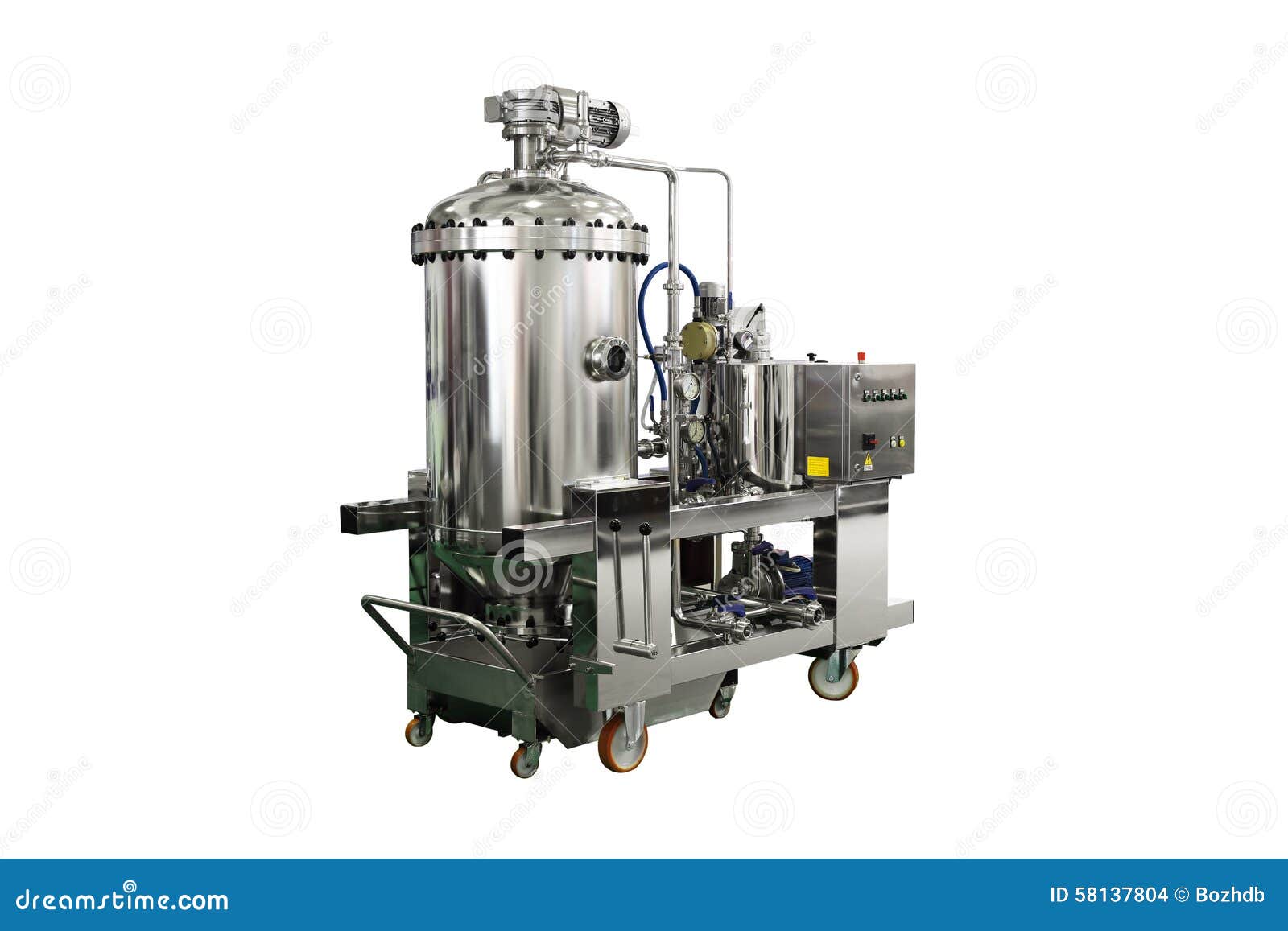Diatomaceous Earth Filtering vs Other Filtration Methods: What You Need to Know
Diatomaceous Earth Filtering vs Other Filtration Methods: What You Need to Know
Blog Article
Diatomaceous Earth Filtering: A Natural Remedy for Superior Water Filtration

Diatomaceous Earth (DE) filtering has arised as a compelling approach for boosting water purification, utilizing the special residential properties of fossilized diatoms. As problems over water high quality heighten, recognizing the advantages and functional applications of DE filtering ends up being significantly pertinent.

What Is Diatomaceous Earth?
Diatomaceous planet (DE) is a naturally occurring, soft, stratified rock that is composed mostly of the fossilized remains of small aquatic microorganisms called diatoms. These single-celled algae possess an one-of-a-kind, silica-based cell wall that contributes to the distinct residential or commercial properties of DE. The rock is porous and usually light, allowing it to soak up various substances effectively.

Due to its high porosity and absorbent ability, DE serves countless applications, including its usage in agriculture, pest control, and, notably, water filtration. The efficiency of diatomaceous planet in filtering is associated to its ability to catch and remove pollutants from water, making it a progressively popular choice among those seeking all-natural filtration options. Its environmentally friendly nature and convenience further improve its appeal throughout various sectors.
How Diatomaceous Earth Filtering Works
The one-of-a-kind framework of diatomaceous earth (DE) allows it to operate as an effective purification medium in water filtration systems (diatomaceous earth filtering). Made up of the fossilized remains of little, aquatic organisms called diatoms, DE possesses a permeable and very absorbing nature. This intricate framework allows DE to trap contaminations and contaminants as water moves with it, effectively eliminating fragments as tiny as 1 micron
When water is travelled through a DE filter, the fluid encounters a network of tiny pores that capture put on hold solids, bacteria, and various other undesirable products. The filtering process takes place as a result of both mechanical and electrostatic communications, where bigger particles are physically trapped within the DE's matrix, while smaller bits may follow the surface area due to charged interactions.
Additionally, DE can be made use of together with various other filtering techniques to improve general performance. As water remains to stream via the DE layer, it progressively ends up being more clear and cleaner, showcasing the tool's capability to enhance water top quality without the demand for rough chemicals. This natural filtration process highlights diatomaceous earth's role as a sustainable and effective solution for water purification.
Advantages of Diatomaceous Planet Filtering
Efficiency in water purification is considerably boosted through the use of diatomaceous planet (DE) filtering system, offering various benefits that make it a favored option for many applications. Among the main advantages of DE filtering is its capability to eliminate a vast array of pollutants, including tiny microorganisms, sediments, and even specific chemicals. This ability ensures that the water detoxified with this method is not only clean yet additionally secure for consumption.
In addition, DE filters have a high circulation price, which permits quicker purification contrasted to conventional approaches. This characteristic is specifically beneficial for massive procedures such as local water treatment plants or pool. The usage of DE also reduces the demand for top article rough chemical additives, advertising an extra ecologically friendly technique to water purification.
Furthermore, DE filtering system systems are relatively simple to keep, needing much less regular replacement than various other filtering media. The all-natural origin of diatomaceous earth adds to its sustainability, making it an eco-conscious option. Overall, the mix of effectiveness, performance, and environmental benefits positions diatomaceous earth filtering as a leading solution in the world of water filtration.
Contrast With Traditional Water Filters
When reviewing water purification techniques, diatomaceous earth filtering stands out in contrast to typical water filters. Conventional water filters, such as triggered carbon or ceramic filters, mostly focus on getting rid of contaminants through adsorption or physical barriers. While these approaches are reliable for certain pollutants, they might not record smaller particles, germs, or viruses as efficiently as diatomaceous earth (DE) filters.
Diatomaceous earth filtering utilizes the one-of-a-kind framework of diatomite, made up of tiny, porous fossilized algae. This permits DE filters to trap particles as little as 1 micron, giving exceptional filtration capabilities. Furthermore, DE filters can take care of bigger quantities of water without substantial pressure loss, making them suitable for both residential and industrial applications.
In addition, diatomaceous planet is a all-natural and lasting product, positioning fewer environmental problems compared to some artificial filter media. In contrast, standard filters commonly need normal replacement and disposal, causing increased waste.
Applications and Make Use Of Instances
Diatomaceous earth (DE) filtering system has a varied variety of applications throughout various industries because of its effective filtration capacities. Among the most popular uses of DE remains in the food and beverage market, where it functions as a purification medium for beer, juice, and white wine production. Its permeable structure effectively gets rid of impurities, ensuring a clear and palatable final item.
In the world of swimming pool maintenance, DE filters are preferred for Continue their ability to catch penalty fragments, providing premium water clearness compared to conventional sand filters. Additionally, DE is utilized in local water treatment centers, where it helps in the elimination of put on hold solids, germs, and other impurities, adding to secure drinking water.

Beyond water purification, diatomaceous earth discovers applications in the farming field as an all-natural chemical and soil change, advertising healthier crops while minimizing chemical usage. Moreover, its absorbing residential or commercial properties make it click valuable in various industrial procedures, including oil spill clean-ups and as a filler in construction materials. On the whole, the convenience of diatomaceous earth filtering positions it as a useful service for enhancing water quality across numerous domain names.
Final Thought
Diatomaceous planet filtering system stands for a reliable and lasting approach for water filtration. As understanding of water top quality problems grows, the adoption of diatomaceous planet filters in various applications is most likely to boost, contributing to improved public health and ecological preservation.
Diatomaceous Earth (DE) filtering system has arised as an engaging method for improving water purification, making use of the unique buildings of fossilized diatoms. As water proceeds to stream via the DE layer, it gradually comes to be clearer and cleaner, showcasing the tool's ability to improve water top quality without the need for rough chemicals.Efficiency in water purification is significantly boosted via the use of diatomaceous planet (DE) filtering, supplying various advantages that make it a favored choice for numerous applications.When reviewing water filtration methods, diatomaceous earth filtering system stands out in contrast to typical water filters. Traditional water filters, such as triggered carbon or ceramic filters, primarily concentrate on removing contaminants through adsorption or physical obstacles.
Report this page